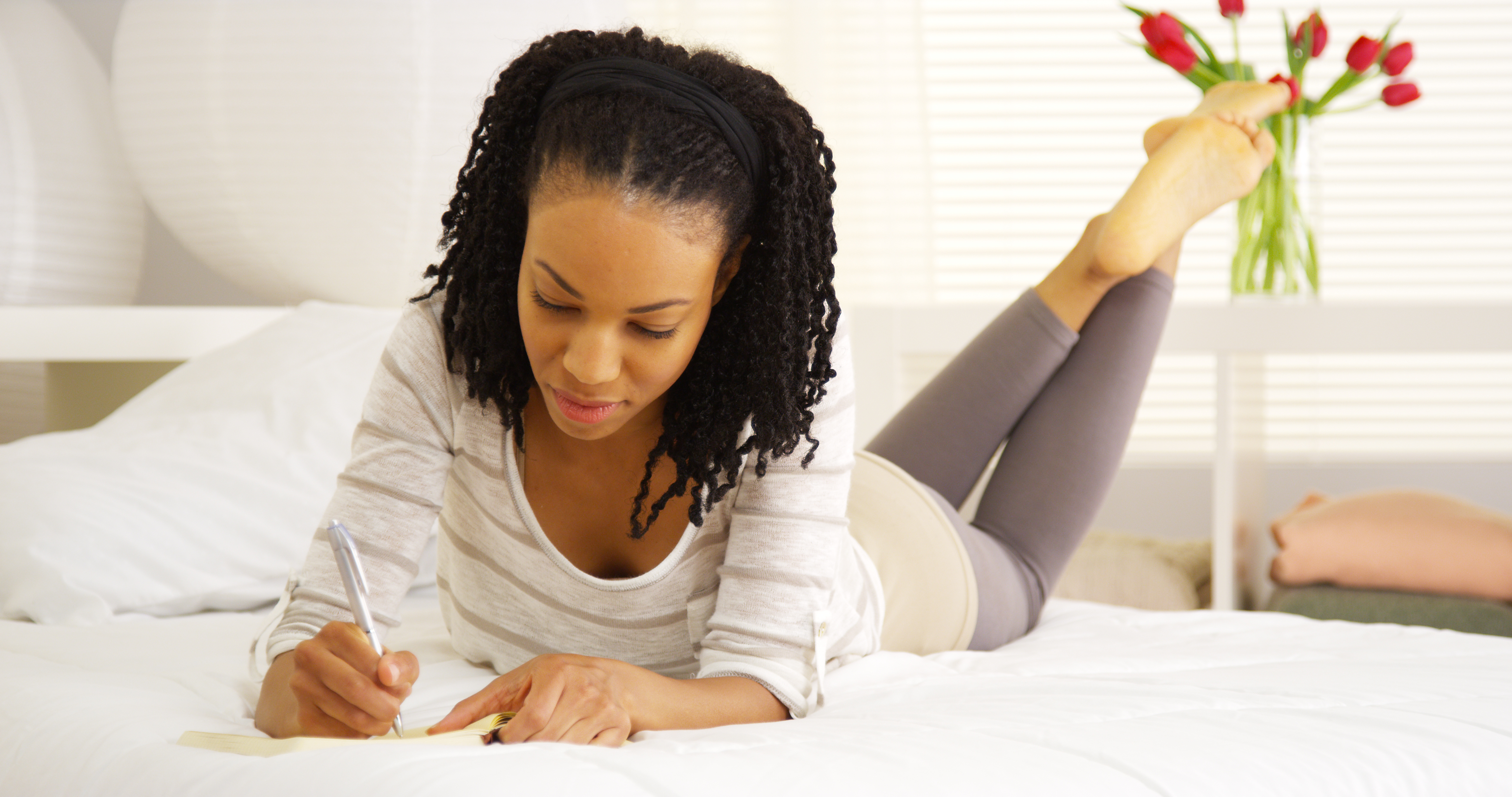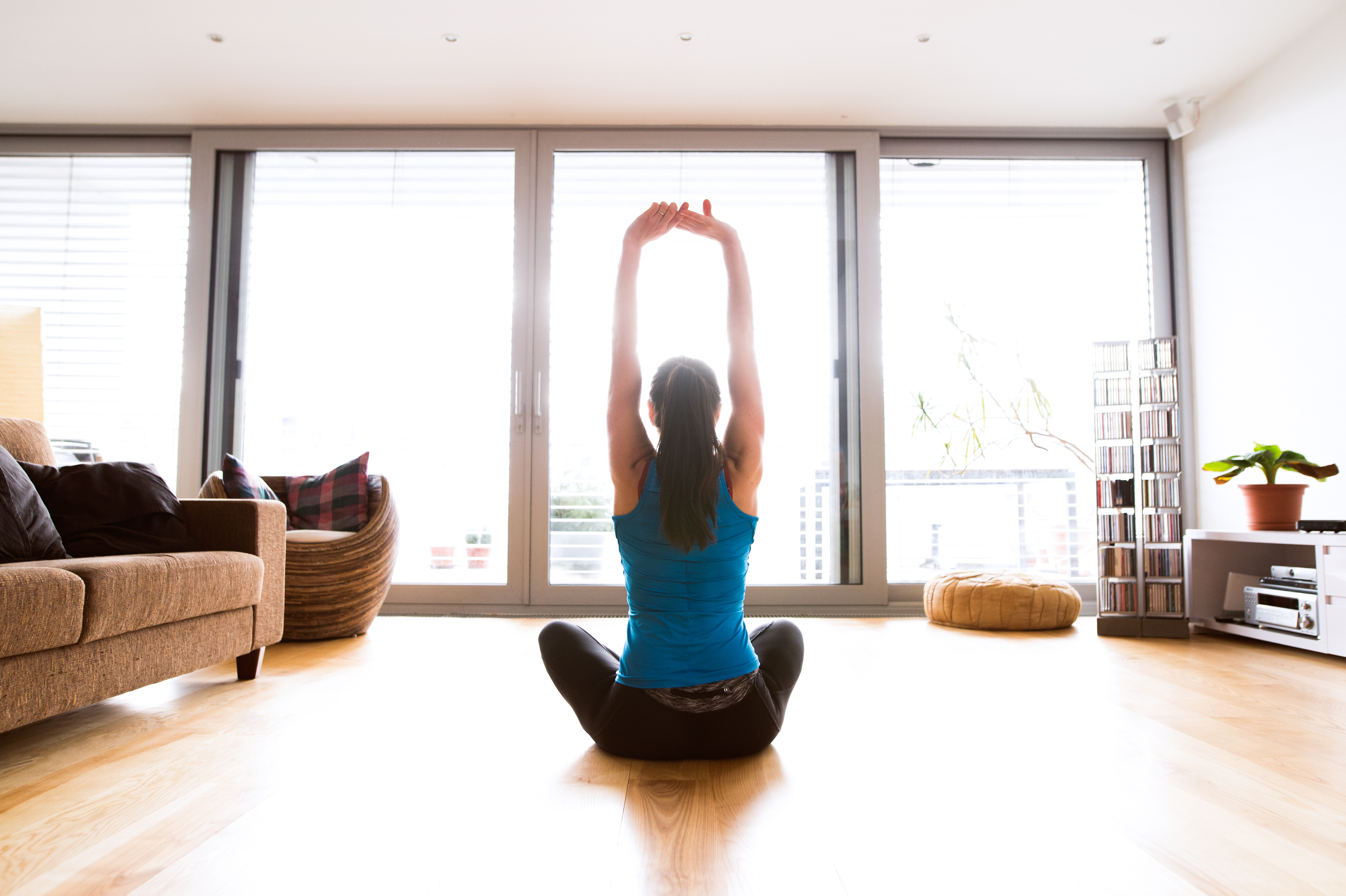
After an exhausting day it can be difficult to quiet the mind enough to get a good night’s sleep. After all, no matter how much you’ve accomplished it always feels like there’s still so much left to do!
You rush through your evening – homework with the kids, cooking, dishes, maybe some TV time, shower and jump into bed stressing about what’s left to tackle tomorrow. You give yourself anxiety, which leads to restless sleep, and consequently a tired and cranky you the next morning.
Can you relate?
Your bedtime routine is hugely important, not just cause sleep is awesome when you get it done right, but because catching those ZzzZZzz brings huge benefits for your health.
David Rapoport, MD, director of the NYU Sleep Disorders Program, says getting a good night’s sleep improves memory and the ability to learn. Research also shows that sleeping less than 6 hours a night causes inflammation, which is linked to heart disease, stroke, diabetes, arthritis, and premature aging.
So what can you do for better sleep? Here are 3 simple steps to take.
JOURNALING

If you’re a list maker, a busy mom, swamped with responsibilities, it’s all about quieting those thoughts before bed.
Setting aside 20 to 30 minutes to journal before bed can help. Think of it as getting all your thoughts and worries out of your mind and onto a safe place – your journal – from where they cannot wonder off or escape during the night. Literally visualize your thoughts being confined to the paper and your mind free to rest. This helps you put your worries aside, for the night at least, in order to let you get the rest you need to conquer the morning and following day.
YOGA or LIGHT STRETCHING

We carry so much tension in our bodies, most of us specifically in our necks and backs. Gentle yoga, or stretching, before bed can help reduce anxiety and stress by stimulating the parasympathetic nervous system. This is what sends the “rest and digest” signal to the body. Focus on breathing deeply and on the muscles as they loosen up with each stretch, releasing all tension.
TURN IT OFF

Electronic devices, as fun as they can be, are a no-no for a good night’s rest.
The brightness on our phones and tablets is enough to confuse the brain into an alert state. This delays the release of melatonin and in turn disrupts our ability to fall asleep and sleep well.
Instead of replying to emails or checking social media before bed, designate another time in your day for this. Leave the phone on the dresser and take a book or magazine to bed with you instead.
These 3 simple tips will quiet the mind, relax the body and prepare you for better sleep each night.
Bio: GiGi Diaz is an On Air personality for iHeartRadio and Life Coach dedicated to helping individuals find their inner happiness through improving the 5 main sectors of human wellness: spiritual, physical, intellectual, relational and emotional.
Instagram: @GiGiDiazLIVE
Sources:
American Heart Association Journals- Inflammatory Mechanisms of Stroke by Mitchell S.V. Elkind, MD, MS
https://www.ahajournals.org/doi/pdf/10.1161/STROKEAHA.110.594945
Effects of aging on slow-wave sleep dynamics and human spatial navigational memory consolidation by Dr. David Rapoport (and others)


